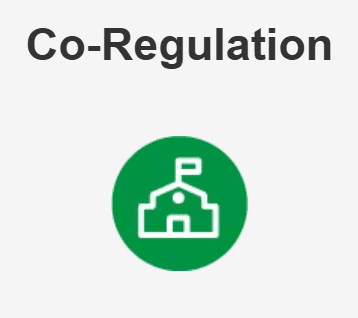
To address behavior with our children, begin by asking “why is my child behaving this way?”
Dr. Ross Greene, author of The Explosive Child and Raising Human Beings, says “Kids do well if they can…[they] do not choose to exhibit concerning behaviors any more than a child would choose to have a reading disability.”
Instead of jumping to fix our child’s behavior, become a better parent detective by investigating the many contributing factors. When the below factors are not considered, simply addressing behavior is ineffective.

- Basic needs such as sleep, nutrition, and overall health directly affect behavior and need to be taken into account.
- Personality and temperament is unique to everyone. While some children might jump right into a new situation, others need time to watch and observe.
- Past experiences, whether positive or negative, affect your child’s behavior. For every one negative experience and/or feeling, it takes multiple positive ones to counteract the impact it has on the child.
- Motivation matters, for us and our children. The more motivating the task is, the easier it is to engage our children.
- Individual skills and developmental level must always be taken into consideration when assessing our child’s behavior. We must identify if the child has the skills to be successful with the task, if they do not then the expectation is too great.
- Emotions are a significant factor that affects behavior at any age. Managing emotions is hard for both adults and children! By frequently discussing our emotions in everyday situations we begin to explore and understand them.
- Sensory systems that take in and interpret information from our environment and body, influences our behaviors and how we interact with the world. Individual sensory differences (sensitivities, preferences, and challenges) need to be respected and accounted for. See the next section for more information on the sensory systems.











